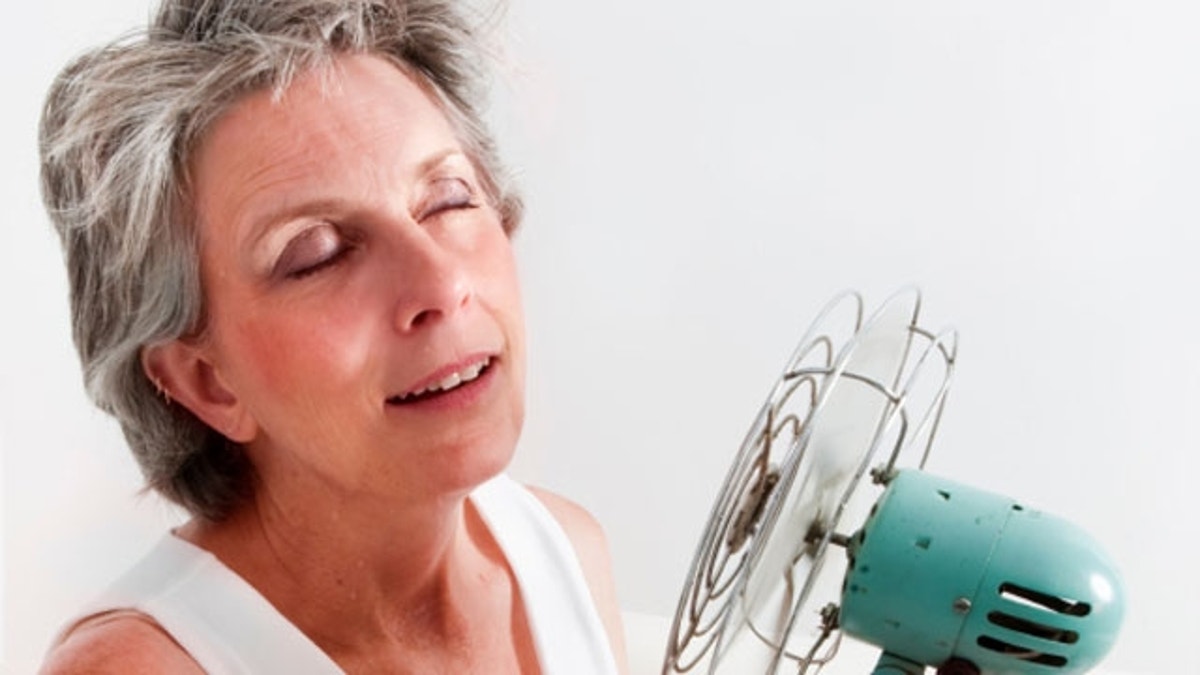
All women after a certain age will experience menopause. Experts predict that over 2 million women in the U.S. reach menopause every year, according to the North American Menopause Society (NAMS), which also estimates that 62 percent of women had a positive attitude toward menopause itself. Nonetheless, a number of postmenopausal women suffer from unpleasant symptoms every day. Menopause is an important stage in a woman’s life, and to better understand this transition, here is a guide to the basics of menopause:
Overview
A woman is technically fertile when her body continues with the menstrual cycle of releasing eggs from her ovaries, which make estrogen and progesterone — the hormones that regulate the menstrual cycle. As women age, their ovaries progressively cut down on hormone production. The reproductive system releases fewer eggs for fertilization, and ovulation occurs less frequently. When a woman’s menstrual cycle stops completely, she is experiencing menopause. In the U.S., this biological transition usually happens around age 51. Menopause can also result from non-biological processes, including a hysterectomy or certain cancer treatments.
Symptoms
Menopause is generally a natural part of aging, but it can cause irksome symptoms. The time leading up to menopause and menopause itself may be marked by emotional and physical stress for some women. Uncomfortable symptoms of this transition include: sleep disturbances, mood swings, increased abdominal fat, thinning hair and hot flashes (sudden and intense feelings of warmth). Many women will have a marked emotional response to menopause. While some women consider the end of fertility as liberating, others may view it as a dispiriting loss.
Cause
The aging process inevitably causes menopause, although life circumstances can induce early menopause. For women on the normal hormonal track, ovaries slowly cease to produce estrogen and progesterone. This process usually begins in a woman’s late 30s and becomes more pronounced during her 40s. Women who have undergone a hysterectomy may reach menopause early. A hysterectomy that removes only the uterus will not result in menopause, because the ovaries continue to release eggs. However, a hysterectomy that also removes the ovaries will cause menopause immediately. Once a woman’s ovaries are removed, her periods stop, and she will most likely experience the symptoms related to menopause. Chemotherapy and radiation therapy can also cause menopause. On rare occasions, women under age 40 experience menopause due to primary ovarian insufficiency, a time in which the ovaries do not produce enough hormones.
Treatment
The condition of menopause does not usually need any medical treatment, just as graying hair requires no cure. Most symptoms of menopause are temporary and can be helped with simple lifestyle changes. Exercising regularly, eating healthy foods and getting adequate sleep and relaxation can all help mitigate menopausal symptoms. Women experiencing severe symptoms may wish to seek medical intervention. Hot flashes are a common problem that a variety of treatments can address. Hormone therapy provides the body with low levels of estrogen to relieve the symptoms. Low-dose antidepressants and anti-seizure medication can also decrease the frequency of hot flashes.








































